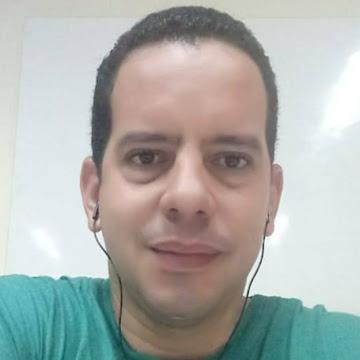- Blog
- How to learn Spanish outside the langua...
How to learn Spanish outside the language classroom
Languages are like muscles, they get stronger the more you practice them, to put it very simply, and language learners today count on a very ample scope of possibilities with the language they are learning, to move from more and more familiar with it to proficient in it, getting successful in an international exam, or inside an international organization. Despite this clear notice, learners claim to feel they lack the resources to practice the language they are trying to learn, they seem to be fearful of mistakes, and not confident.
I remember speaking to a small square mirror on the wall above my desk when I began to learn English. By that time, the internet was nonexistent, so needless to say any of the applications you see today were not available to me. My mom and dad used to show themselves worried when they got into my room and found a young boy speaking to a mirror after reading what was on an old notebook on top of his desk. This gym practice for my English made it possible for me to get very familiar with pronunciation, intonation, vocabulary, grammar, and pragmatics and allowed me to get confident enough to initiate a conversation with my private tutor before and after our lessons. That was beautiful!
Today, on the contrary, many options are available to us everywhere we go and Spanish is no exception. Starting with Spotify or YouTube for your choice of music and moving on to Netflix or HBO for movies and series, a wide avenue of nice shops is just one click away for us. However, it is crucial to mention that the listening level is not enough for the muscles to develop appropriately. You have to speak it out, repeat it, and say it. In my surveys, nonetheless, most of my adult and some teenage students claim that they don't want to make too many mistakes, which allows me to infer that they are afraid of errors. Listen to this: the more horrible you sound, the better. Laugh at yourself, enjoy the process, and move on!
As a result, these same brilliant kids, men and women find themselves at a loss for language practice resources. I can tell you that is not true. Instead, I can mention an explosion of tools, free tools, that teens or adults can use to improve and strengthen their language muscles. On the contrary, how much you can stick to this process and keep practicing will only depend on you.
To sum up, every time you wanted to get on your bike and move from one side of the park to the next, you did realize that no matter how much Dad helped, your level of confidence depended largely on your practice and effort. Your language tutor will do everything he can to help you become stronger every day, but your muscles need training, exercising, and repetition, and they do not really understand that you are making mistakes if you try again and repair the error. Speak Spanish, repeat it, say it out loud, and have fun while you build proficiency in it.


